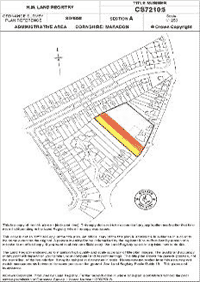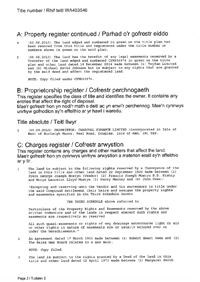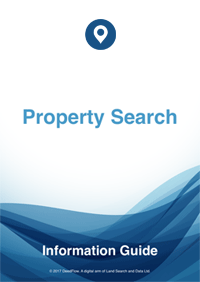Licence Agreement to Occupy
Contents
What is a Licence Agreement?
A licence agreement amounts to a permission from one person to another to do something pertaining to a property owned by the person giving that permission. The most usual reason for a licence is to occupy the property, but it is an informal agreement rather than a legal agreement, and in this respect it must be distinguished from a lease, which does grant a legal right to occupy.
Lease
A Lease is technically known as a term of years and is one of the two legal estates that can be created. Leasehold estates are granted out of a freehold estate (the other legal estate (fee simple absolute in possession)), and are usually granted for long periods of time, e.g. 999 years, or 125 years (two of the most common lease lengths). Leasehold ownerships are similar to freehold ownerships save that they are for a specified length of time, usually have a small annual rent to pay, and often share the main constructive parts of a building, such as the roof and walls. Leasehold estates are registerable at the Land Registry provided that they have been granted for at least 3 years or that there are more than 3 years remaining at the time of registration. With a legal estate comes the right to exclusive possession.
Licence
A licence is not a legal estate or even a legal interest, and cannot be registered at the Land Registry as a lease can. Licences are normally granted for a short term and for a specific purpose, otherwise the parties would grant a lease. Further, a licence does not grant exclusive occupation.
Contractual Licence
Is is best practice for the parties to create a licence by contract. A carefully drafted contractual licence would state the terms upon which the licence is granted and the purpose of it. The length of the licence would also be specified together with any notice period required.
Licences do not "run with the land", which means that once ownership of the property changes the licence would come to an end, as the new owner would not be bound by it. The only exception is where the vendor has implied that the property is subject to a licence, in which case a constructive trust arises which will bind the purchaser.
Obtaining a copy of a Licence
Licence Agreements are sometimes copied by the Land Registry when dealing with registrations of property. This is more likely with contractual licences and particularly if a constructive trust has been shown to exist. Where this is the case a note will appear at the end of any paragraph referring to the licence, to the effect that a copy has been made. You can then obtain a copy of the licence (and all other copied Deeds) using our Associated Documents Search. Copies of a Lease may be obtained using our Lease Search.
Associated Documents
Deeds creating Restrictions, Covenants, Easements, etc. are often kept digitally by the Land Registry and made available for sale due to their invaluable detail and content to assist in further understanding the Restrictions, etc.
£29.95Title Register
The Land Registry Title Register holds data relating to the property ownership, purchase price, mortgage, tenure, covenants, rights of way, leases and class of title.
£19.95Title Plan
The Title Plan shows an outline of the property and its immediate neighbourhood, and uses colours to identify rights of way, general boundaries and land affected by covenants.
£19.95


